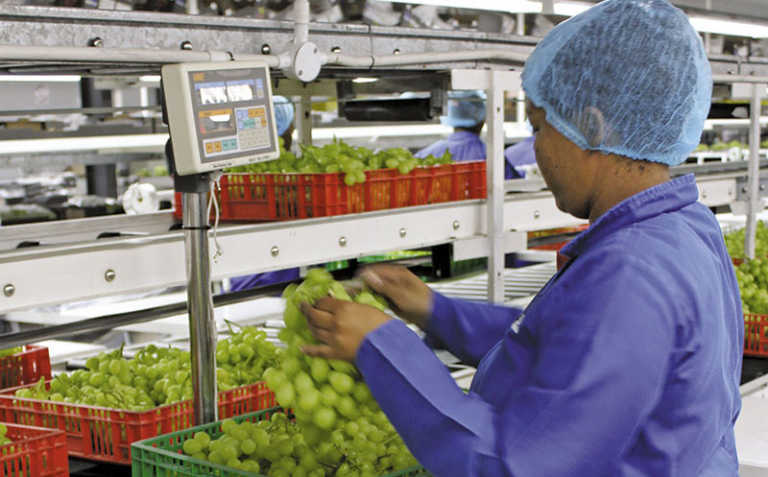
This came as the department released a declaration that was drawn up following an agro-processing summit hosted in Bloemfontein in April. Khoabane told Farmer’s Weekly that provincial Premier, Ace Magashule, had said that the time for summits was now over.
“The Premier has emphasised that he is tired of seeing summits. He wants to see action,” Khoabane said.
Khoabane said that it was of great importance that a strategy emerged that would stop the province from losing its raw agricultural produce to processors elsewhere in the country or world.
“Players in other countries want to use us to produce primary products for them. Ultimately, production and manufacturing is going to be done on that side, so it is still as if we are being colonised by those people; we are giving away our potential,” he said.
The declaration entitled, “Repositioning the Free State province for agricultural value adding and processing towards 2030: from discussion to action”, highlighted 10 key points, including the need for collaboration on development of agro-processing in the province in line with the National Development Plan, the Free State Agricultural Master Plan and the Free State Rural Development Plan.
The declaration also called for the department to fulfil its role as leader in the agriculture and rural sector.
This comprised elements such as natural resource management, skills and capacity development, funding and finance, value chain integration, development and market development, coordination and information management, spatial planning and promotion of functional rural settlements, and government as retailer and promoter of preferential procurement.
Intentions were to also ensure that 50 black farmers were supported towards commercialisation through producer support, off-take agreements and facilitation of ownership stakes in existing agribusinesses.
Khoabane added, however, that while development of black farmers was critically important, this had to happen within the bigger, global context.
“As a country, we still have to compete with other countries. This means we can’t ignore international markets in anything we are doing […] If countries come and say ‘we need this product’, you can’t say you first need to groom a black farmer if you already have other farmers producing that. You need farmers to occupy that space so that they can then groom and incubate others,” he said.
Khoabane also emphasised the interconnectedness of developing such a strategy: “It seems sometimes we don’t master inter-governmental relations […] We should be having joint programmes with national departments and municipalities in terms of support,” he said.
Aside from the different spheres of government, from national down to local municipal level, there were also organised agriculture, agribusiness and other private sector role players.
Khoabane said that the department would now prioritise the necessary engagement to get the ball rolling, and was also inviting all role players, particularly agribusinesses in the province, to be part of the process.












